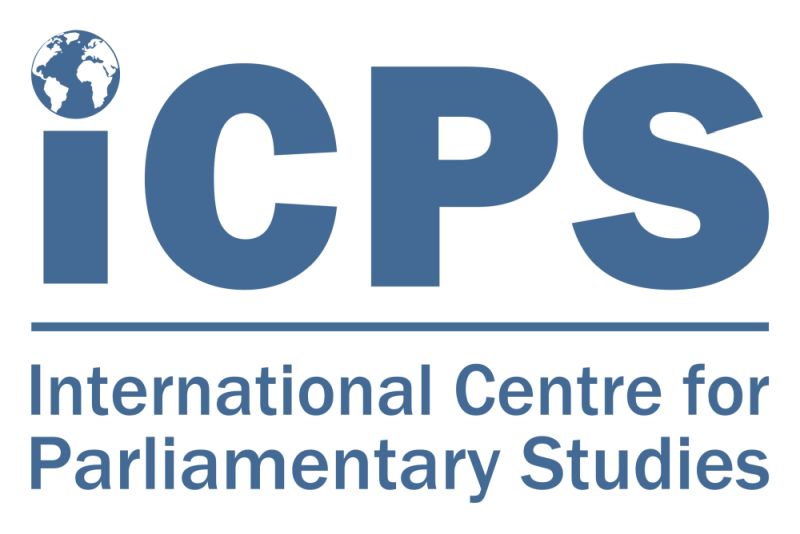
Professional Certificate
in Management of Electoral Processes
26th - 30th October 2020, London, UK

Professional Certificate
in Management of Electoral Processes
26th - 30th October 2020, London, UK
Professional Certificate in Management of Electoral Processes
Day One:
09:00 Registration and Refreshments
09:45 Chair’s Introduction and Welcome
10:15 What is Electoral Reform?
Electoral Systems
Electoral Law
Voting Procedures
10:45 Morning Coffee
11:00 Electoral Systems and How Are They Chosen?
The main electoral systems
Characteristics of the main electoral systems
Effects of different systems
Key considerations and who chooses?
12:30 Lunch
13:15 Initiating Reform of Electoral Processes
What are the triggers initiating reform?
Why might it be desirable?
Potential International assistance and donor arrangements
Managing outside assistance
Cost considerations
14:30 Afternoon Tea
14:45 Planning and Implementing Electoral Systems Reform
The electoral cycle and timing of reform
Administrative considerations
16:15 Final Remarks and Round-up Discussion
16:30 Close
Day Two:
09:30 Refreshments
09:45 Chair’s Welcome and Recap
10:00 Reform of Legal Processes
Reforming constitution, electoral law, related regulations and rules
Framework of International Standards and Good Electoral Practices
Enhancing integrity and relevance of the legal framework
How do EMBs work with these reforms?
11:15 Morning Coffee
11:30 Reforms of Administrative Processes
EMB strategies, structures, policies, procedures and technical innovations
Case studies
12:45 Lunch
13:45 Delegates Experiences of Electoral Reform
Experience sharing – Examples of previous electoral reform from participants’ own country
Discussion of Day 4 session – Planning Future Electoral Reform
14:45 Afternoon Tea
15:00 Case Study: The UK's move to Individual Electoral Registration
16:15 Final Remarks and Round-up Discussion
16:30 Close
Day Three:
09:30 Refreshments
09:45 Chair’s Welcome and Recap
10:00 Political Reform and its Impact
Changes in the political environment affecting the EMB
How EMBs adapt to political changes
Mechanisms for cooperating with political stakeholders electoral
11:15 Morning Coffee
11:30 Women’s participation in Elections
The levels of political and electoral participation
What are the challenges, barriers and opportunities?
13:00 Lunch
13:45 Systems, voters and campaigners
Impact of different electoral systems on voters, including women and minority groups
Impact of electoral systems on political parties
15:00 Afternoon Tea
15:15 Campaigning for Electoral Reform
Cast study: The UK’s 2011 Referendum on changing the Parliamentary Voting System
Campaign finance
16:15 Final Remarks and Round up Discussion
16:30 Close
Day Four:
09:30 Refreshments
09:45 Chair’s Welcome and Recap
10:00 Voting Technologies in the context of Electoral Reform
Understanding the difference between vision, innovation and change
Recognising universal management and business practices that limits
innovation and collaboration
11:30 Morning Coffee
11:45 Stakeholder Engagement and Education during Electoral Reform
Identifying stakeholders
Engaging with stakeholders
Explaining Electoral Reform
Communication and ConsultationTiming
Role of EMB
13:00 Lunch
14:00 Planning Future Electoral Reform
Participants present outline of potential electoral reform in their respective country, including identifying strategies and challenges
Group Discussion
15:00 Afternoon Tea
15:15 Planning Future Electoral Reform (Continued)
16:15 Final Remarks and Round up Discussion
16:30 Close
Day Five:
09:30 Refreshments
09:45 Chair’s Welcome and Recap
10:00 Assessing the Impact of Electoral Reform on Voters
Understanding voters' views
Understanding voters' behaviour
Using understanding to improve the electoral process
11:00 Morning Coffee
11:15 Overview of Chartered Management Institute Qualification
11:45 Evaluation and Certificates of Attendance
12:15 Lunch and Close